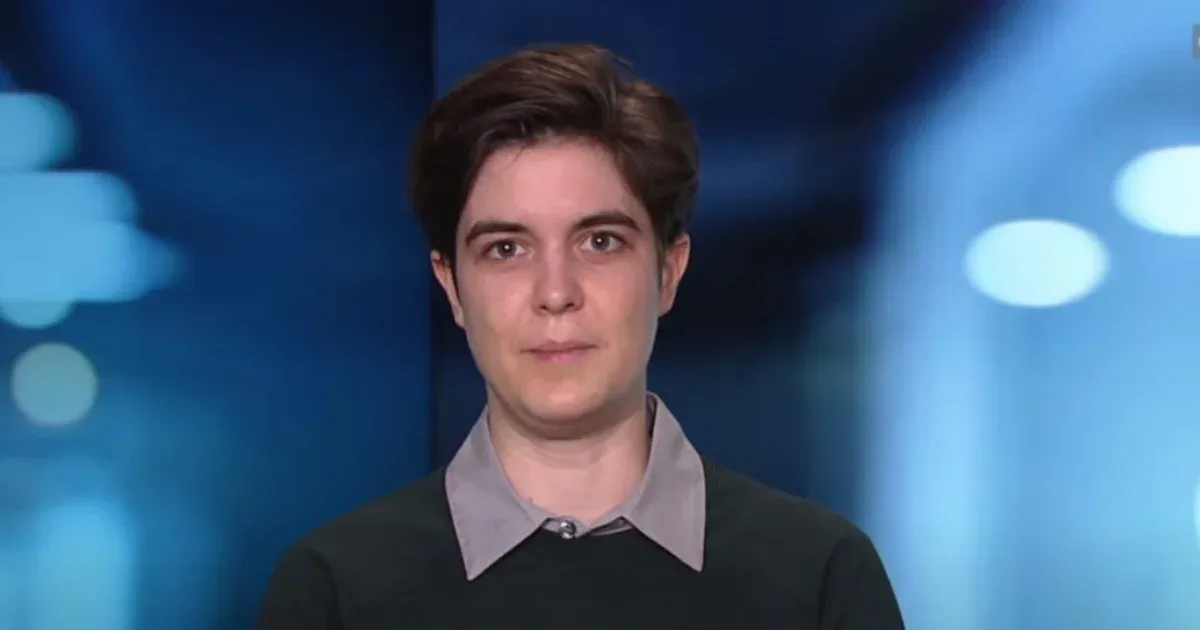Austrian billionaire Marlene Engelhorn announced how she will distribute most of her wealth – Writes the standard. Engelhorn will entrust the decision of how to spend the approximately 10 billion Hungarian forints of his inheritance to 50 people who represent Austrian society, but who were also chosen at random.
Marilyn Engelhorn is one of the descendants and heirs of Friedrich Engelhorn, founder of the German chemical giant BASF. Her grandmother, Traudel Engelhorn-Vecchiato, died in 2022, and Marilyn inherited a relatively large sum at the time, but she has already announced in 2021 that she will donate at least 90 percent of her fortune. Since then, he has campaigned for an inheritance tax much higher than the current one, because, in his view, tax-free inheritances are the raison d'etre of its existence and growing social inequality.
So far, Engelhorn has not revealed the specific purpose for which or to whom he will give his inherited wealth, then clarified the details in a press conference on Monday. Accordingly, decision-making will be entrusted to a community of 50 people representing Austrian society.
The organization was entrusted to the social science research institute Forsight-Institut. Foresight will search for ten thousand randomly selected Austrian residents over the age of 16 who will be able to register to participate, and 50 people will be selected representatively on the basis of age, gender, place of residence, immigration background and size of wealth.
The 50 selected members (and 15 alternates) can work for six weekends until June to decide exactly how to distribute the €25 million. The decision-making process will be managed by professional mediators, and the goal is to not only be able to make a decision by a simple majority, but also not to be able to use veto power. Engelhorn has already said that whatever they decide, he will respect the outcome.
According to Engelhorn, it is not good for half of the total wealth to be owned by one percent of the population in Austria, and this must change, he said. According to him, one important tool to achieve this is inheritance tax. Since this has been abolished in Austria, Engelhorn would like to set an example through his experience and would like others to donate at least 90% of their wealth.
By the way, community meetings similar to Engelhorn are becoming more and more common, although most often public bodies or local governments ask citizens about a topic in this way. After the election of Gergely Karacsony, a community meeting was held in Budapest, and even one of Peter Markzej's advisors was to draft the constitution in case of a change of government.












































